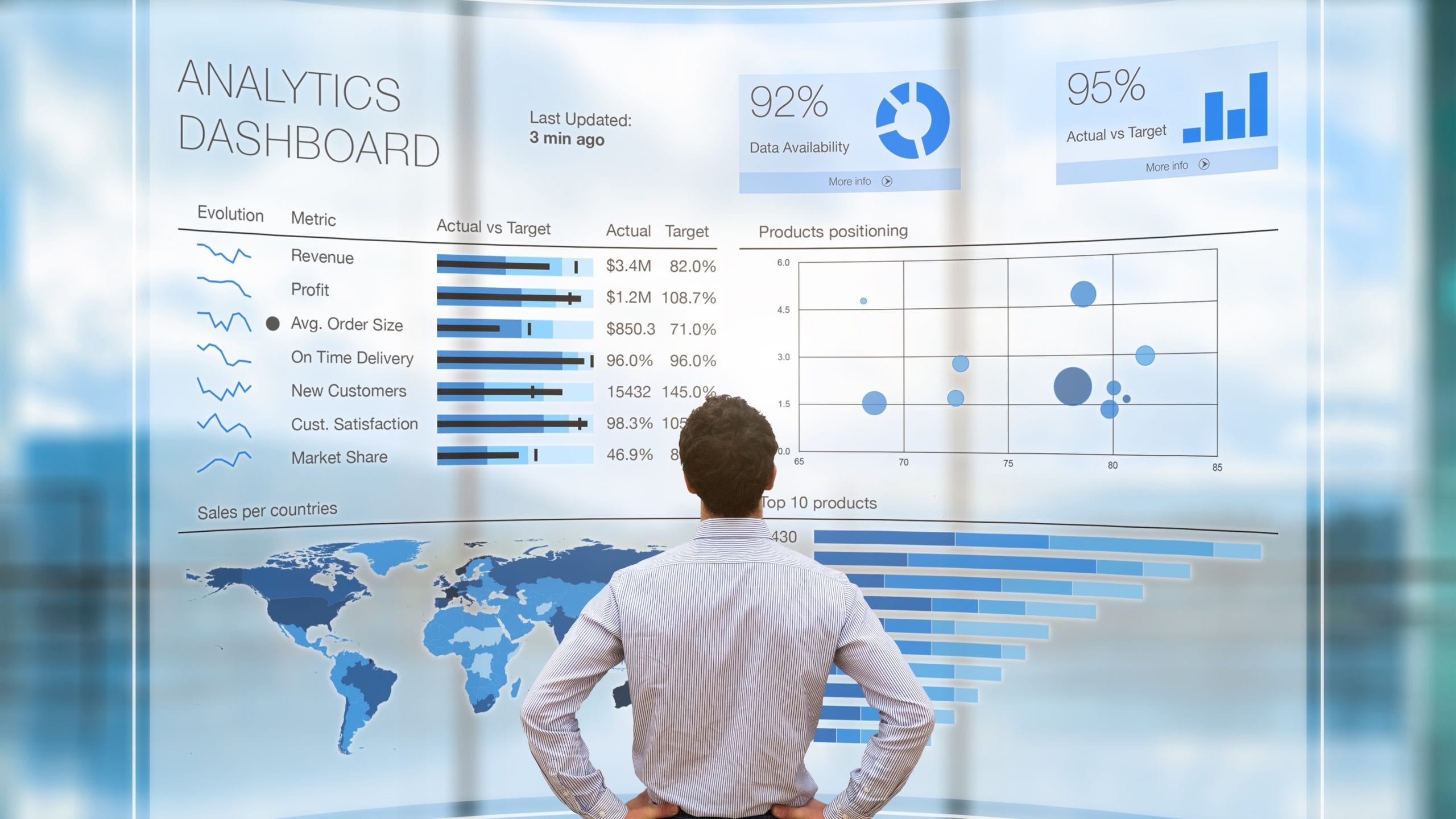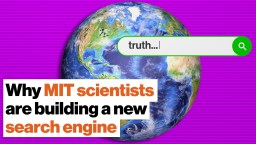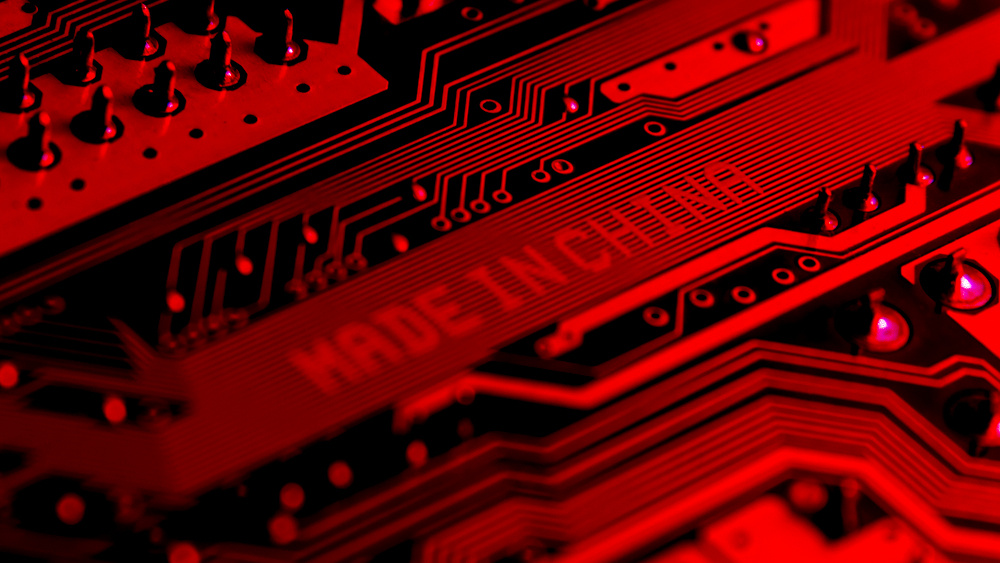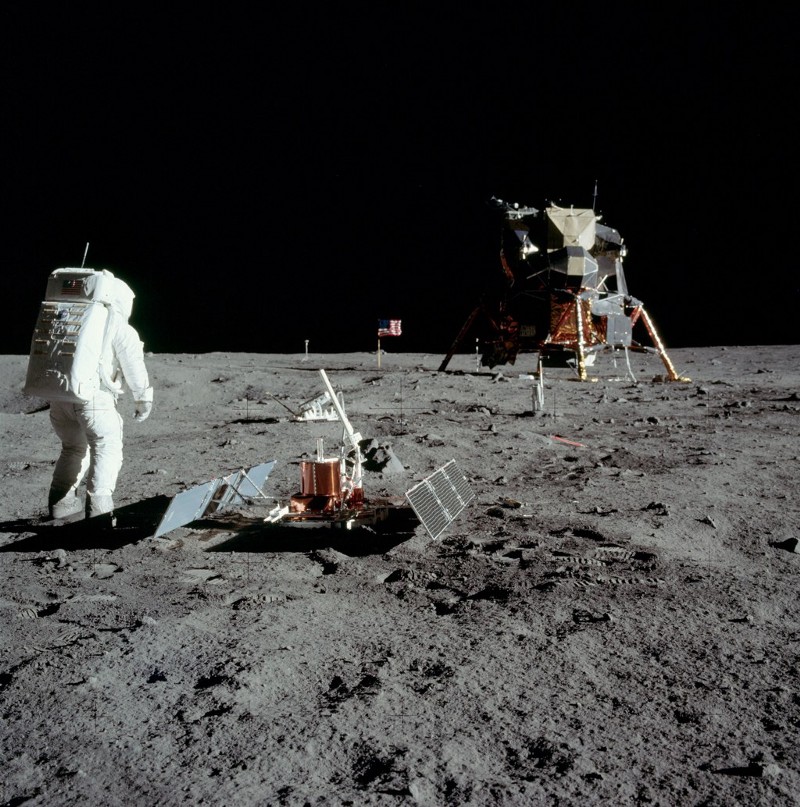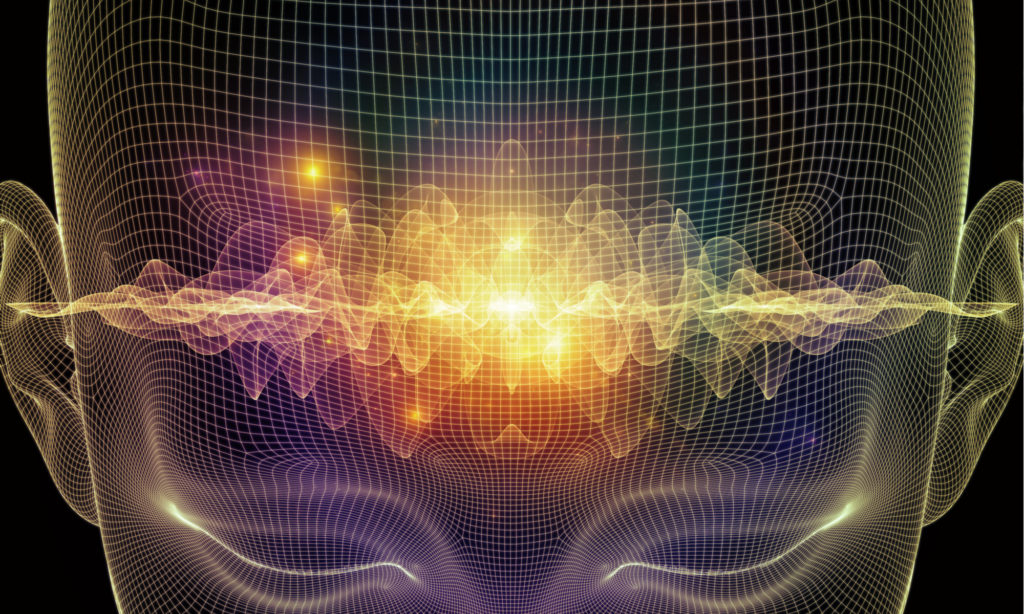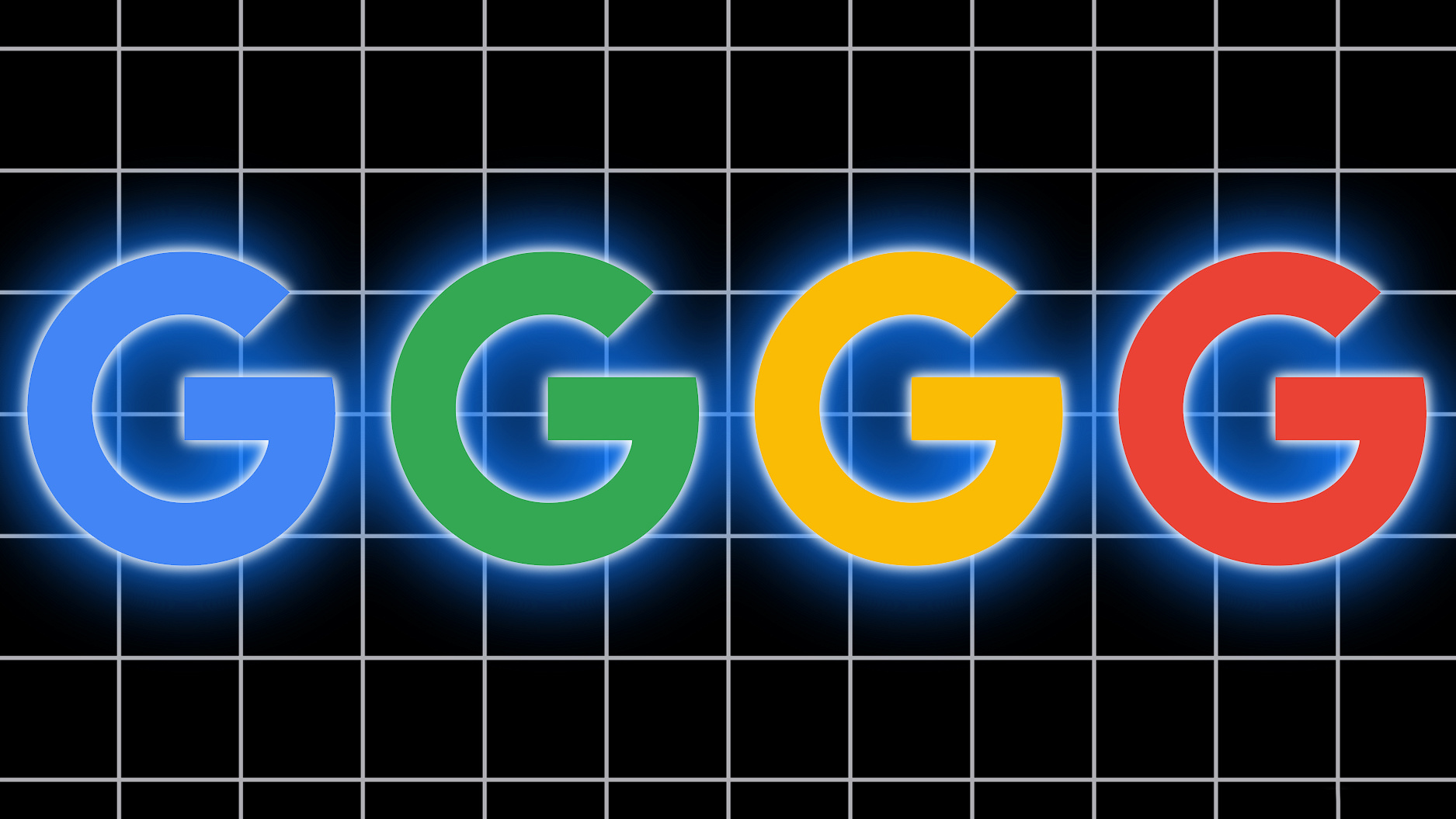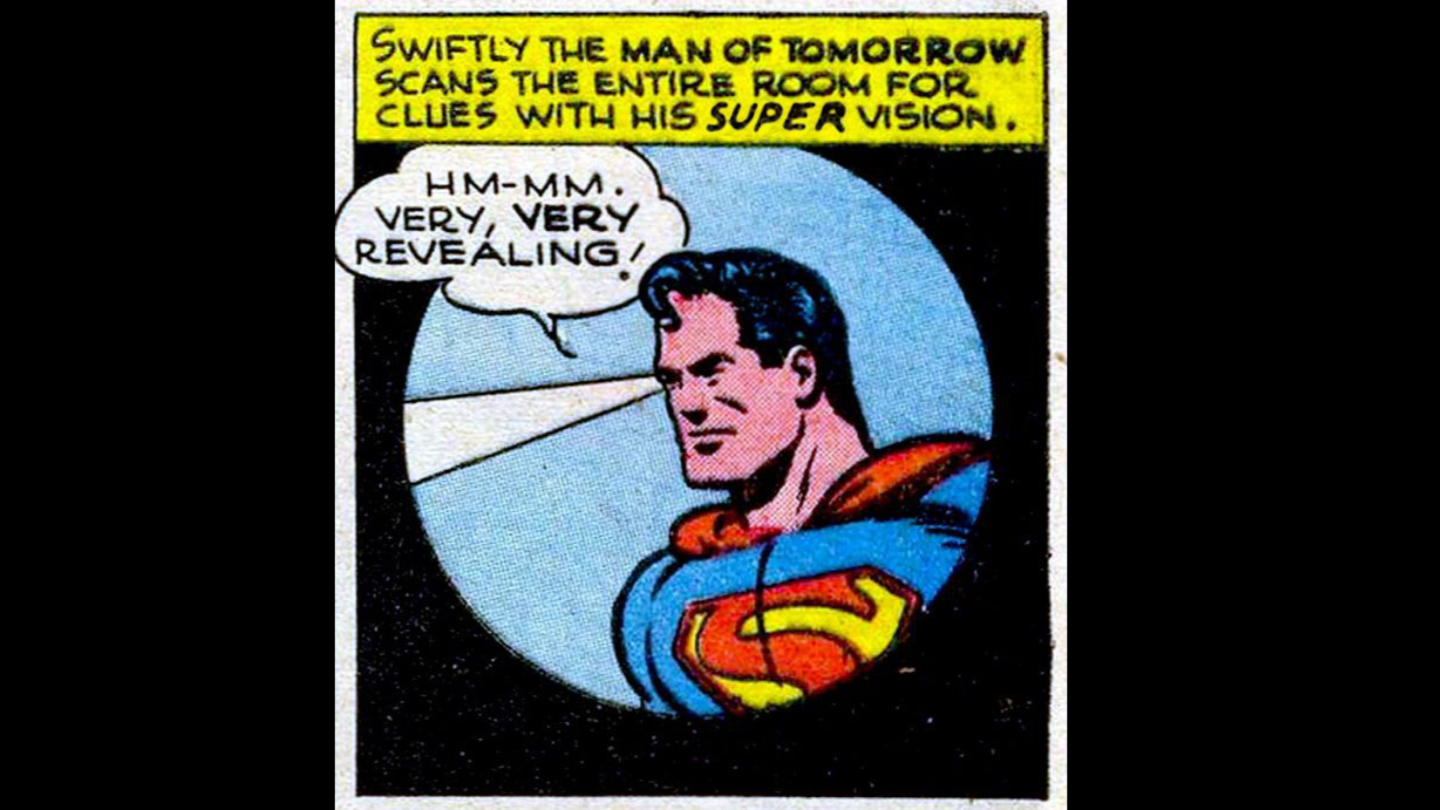All life as we know it relies on carbon and water. But researchers speculate this doesn’t have to be the case.
Search Results
You searched for: Computers
Key performance indicators, KPIs, are not new: It’s said that way back in the third century, China’s Wei dynasty began using them to rate the behavior of members of the […]
The truth is a messy business, but an information revolution is coming. Danny Hillis and Peter Hopkins discuss knowledge, fake news and disruption at NeueHouse in Manhattan.
▸
13 min
—
with
Build up, tear down—new technology stirs up a cycle of progress and cynicism we’ve seen all throughout history.
▸
5 min
—
with
Notes from the Fog author Ben Marcus on Elon Musk, the weird existential joys of the reality TV show Castaways, and whether we will eat in the future.
A new report from Bloomberg describes how Chinese subcontractors secretly inserted microchips into servers that wound up in data centers used by nearly 30 American companies.
Some basic areas we could all use some improvement in.
Research shows that employers are working to find more talent in the blockchain space, and they’re willing to pay higher rates for it.
Technology that enables telemedicine is set to change the medical field for patients, doctors, and investors.
It’s much more complex a question than dividing its mass by the volume of the event horizon. If you want to get a meaningful answer, you have to go deep. If […]
You get out what you put in, and we haven’t truly invested in space since Apollo ended. Humanity should be an interplanetary civilization by now. There is no scientific reason that […]
The legendary DARPA tests technology that lets soldiers control drones with their minds.
Explore McLuhan’s theory on print culture and its influential hold over civilization.
“This is a great example of a forest restoration plan which is both good for the people and good for nature,” one researcher said.
We know a lot about what else is out there, but we still don’t know everything. In the quest for life in the Universe, it makes sense to look at […]
Also, don’t offer screen-time as a reward for good behavior.
Is consciousness just a showdown between your beliefs and perceptions?
The Seattle tech magnate died from complications of non-Hodgkin’s lymphoma.
Easter eggs have been hidden in video games since Atari’s Adventure; now Google search has hidden an entire adventure game.
The $480 million contract could lead the company to make more than 100,000 augmented reality headsets for the military.
The companies launching satellites aboard the SpaceX rocket hope to revolutionize the Internet of Things.
Researchers find an amazing amount of often-weird forms of life below the planet’s surface.
How much does cognitive bias change people’s perception? Well, the history of computing would be a lot different.
▸
4 min
—
with
How can we use the resources that are already on the Moon to make human exploration of the satellite as economical as possible?
China’s state-run news agency and the search engine company Sogou have developed an artificially intelligent news anchor that can read the news “tirelessly” 24 hours a day.
A team at MIT has discovered that human brains are capable of “seeing” ghost images hidden between groups of patterns captured by single-pixel cameras.
Most basic form of data, meet most basic form of matter.
Elite organizations tend to get conspiracy theorists going.
Scientists have identified a new shape called the scutoid, and it helps explain the how cells in the body arrange themselves in tightly packed three-dimensional structures to form tissues.

